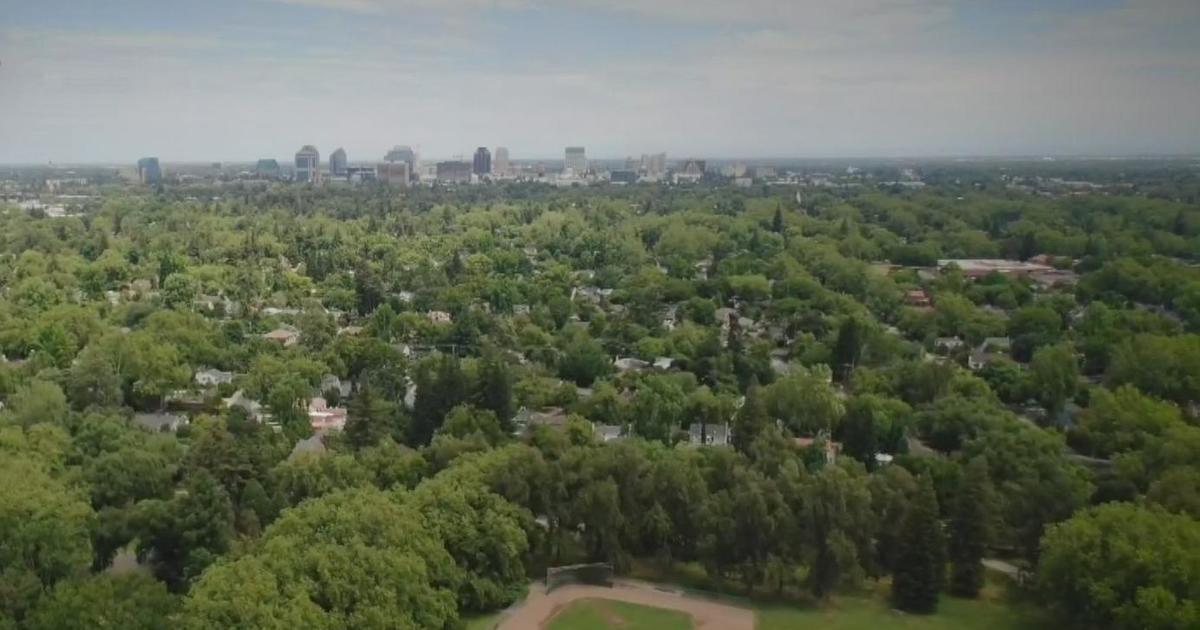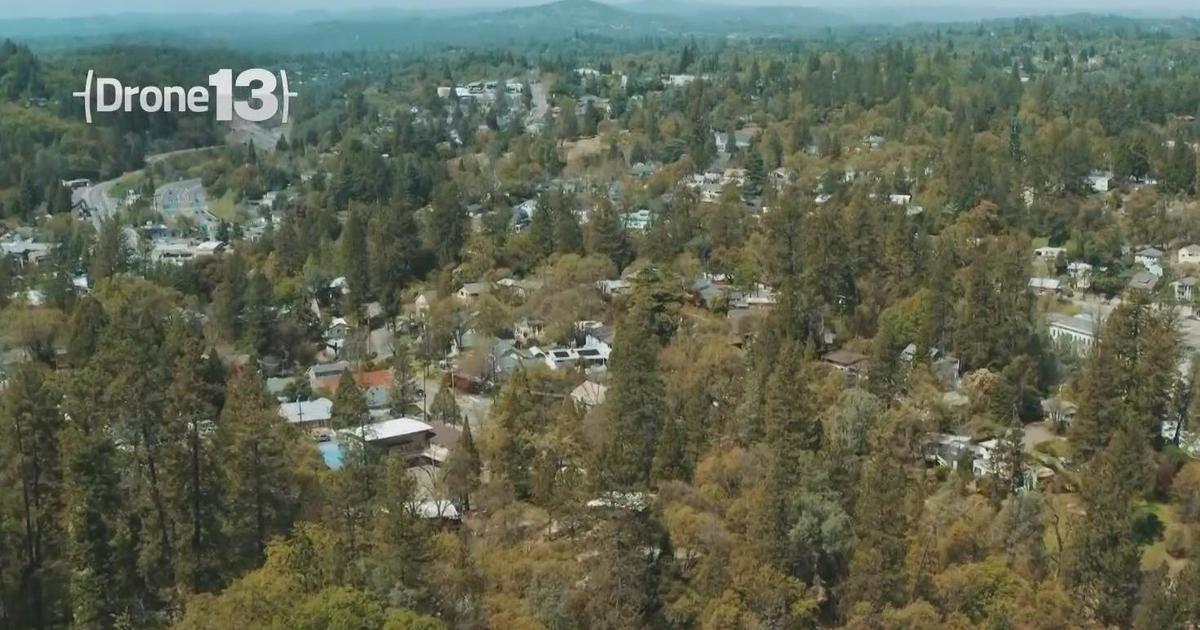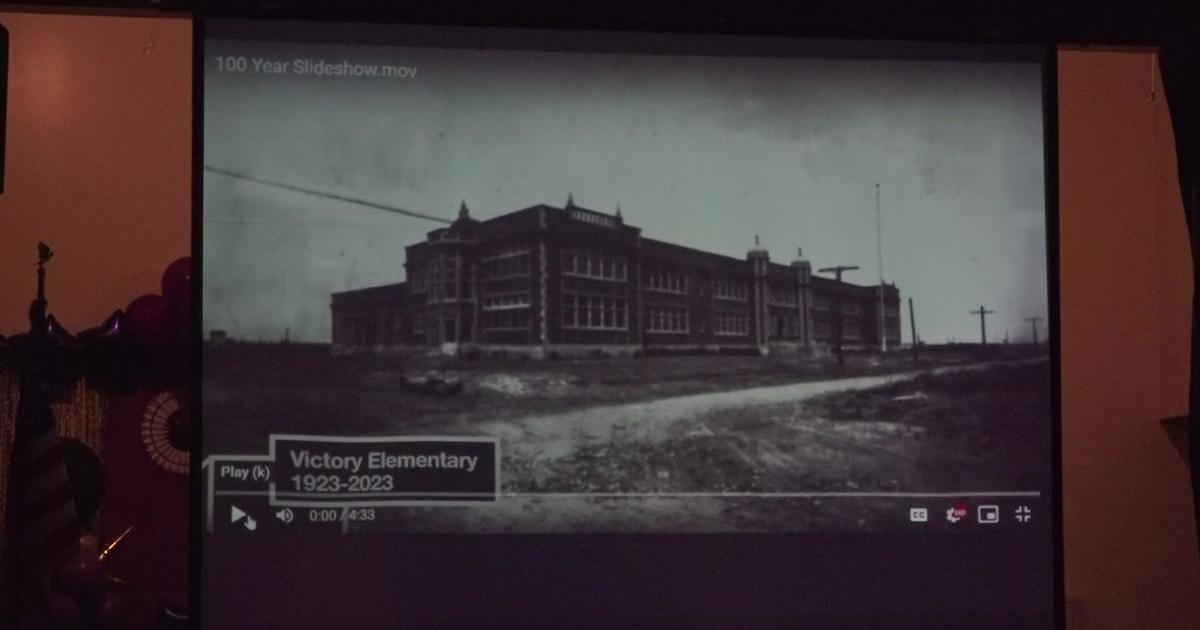California Drought Could Wipe Cities Off Map If Their Water Runs Out
TULARE COUNTY (CBS13) — The epicenter of California's drought crisis is in the Central Valley, where there are growing fears the drought could wipe entire towns off of the map.
Wells are going dry, jobs are harder to come by and families are already moving, either to different states or even Mexico in search of work.
Before visiting Tulare County, a place where wells have gone dry and some people are living in third-world conditions, we went to a place deep in the Mojave Desert that offers a dire warning of what can happen when the water runs out.
Desolate and deserted, Dave Leimbach is one of the few left in Lockhart.
MORE: California Drought Special
"We didn't ask for this," he said.
Once home to hundreds, it's an all but abandoned and forgotten ghost town in the Mojave that barely a half-dozen people call home.
The sun set slowly on the old farming town when the nearby lake dried up.
"I've been out here since 1980," he said. "And they're all gone. All of them."
Hundreds of miles away, communities similarly built on farming are struggling as water is scarce. Orchards have been ripped out, and farm jobs are few. Many worry new ghost towns could be on the horizon in Central California.
In these parts, Donna Johnson is affectionately known as the water lady. She's delivering water to a needy family in East Porterville, a devastated town we've visited before. Dozens more wells have run dry since our last trip. Most of the Tulare County community south of Fresno still has no water.
Inside, Juanna Garcia does dishes with bottled water. In the days before help arrived, she didn't use soap. She gave the leftover dishwater to her kids. Living in poverty with no running water, she may have to leave.
Here we met Alex, a farm worker who drives nearly a day for the closest job to Washington state or even Toronto. Next month he plans to move away.
"No water, no nothing," he said.
Drinking water and food lines are longer than ever at Iglesia Emmanuel.
"It's dire, it's dire here, it's dire straits," said Antonio Alvarez.
Fear in the air is as thick as the humidity on a sweltering summer day. The Porterville church hands out fruits and vegetables. Each time, the supplies seem to run out faster.
"We're seeing a lot of new faces lately in the last few weeks, said Iglesia Emmanuel Church Pastor Roman Hernandez.
Nobody knows the area's worsening struggles more than he does. He says families are packing up for Oregon, Illinois, and even Georgia to find farm work. One woman talked of going back to Mexico.
"She grew up in Mexico very poor: no running water, no shoes, no electricity, but she told me that she at least had plenty of water," he said. "I haven't seen her, so my suspicion is she went back to Mexico altogether."
Water trucks fill up tanks in East Porterville front yards, but as the drought deepens, there are new reports of neighbors becoming hostile with the water haulers. They don't want their dwindling well water to be taken elsewhere.
In one case, people reportedly parked their cars, trying to form a barricade to keep the truck from getting to that well. Another time it got so tense, the sheriff's department was called out.
Raindrops fell on Porterville recently for the first time in months. Children were so excited they swam in the pastor's church parking lot.
Any glimmer of hope is welcome in towns across Tulare County. Nearly 1,500 wells are tapped out and farms are scaling back.
UC Davis Professor Dan Sumner specializes in agricultural economics.
"It's just tough, and people are having to leave communities they've grown up in," he said.
He says while there are communities on the edge, the agriculture that supports them is strong enough to survive.
"The farms themselves, they've been built to deal with this drought and the next drought unless we do something really crazy," he said.
But for those who live it every day, that fear is very real if the drought doesn't end soon.
"They're just gonna dry up just like the old days when there was a drought, towns would turn into a ghost town," Alvarez said.
Out in the Mojave Desert, Leimbach saw it with his own eyes.
"No people, no alfalfa, no store; just me and my dad," he said.
He can't help but worry for the future of California's farming heartland.
There is hope of drilling a new well to solve East Porterville's water problems. Tulare County has a $1.6 million state grant and is asking the federal government for the remaining $400,000 balance to cover the cost of the new well.



